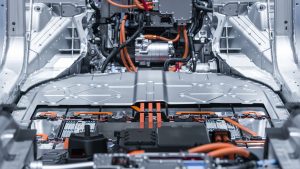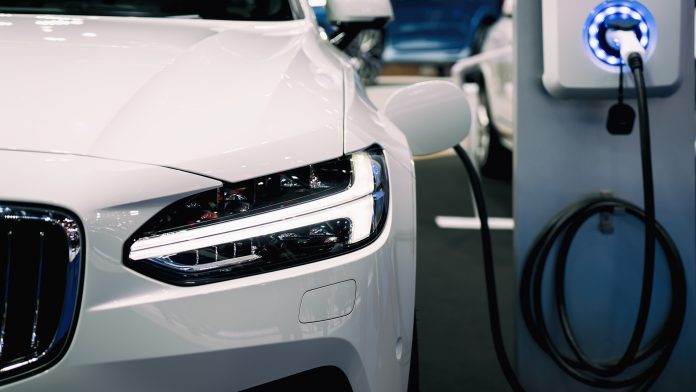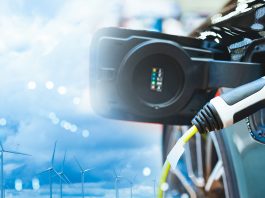A new research project conducted at Mälardalen University focuses on extending the battery life of an electric car.
In 2023, many electric car batteries will have reached the end of their lifespan.
Currently, only a fifth of the battery’s full capacity is utilised. As the batteries are not fully used, the consequences on our environment are huge.
Because of this, researchers at Mälardalen University, in close collaboration with Swedish Industry, are investigating how this remaining capacity could be used to extend electric car battery life.
Enhancing the circularity of electric car batteries can boost the manufacturing industry and also contribute to a more sustainable society through carbon-neutral transport.
“The Circul8 (Smart battery circularity) project addresses issues such as electrification, circular economy and digitalisation, three of the largest challenges that industrial manufacturing companies and society are currently facing,” said Koteshwar Chirumalla, Project Manager and Associate Professor of Product and Process Development at MDU.
“The question of ‘what can we do with these spent batteries?’ arises because they are potentially dangerous and contain critical raw materials. Retaining the actual value from these spent EV batteries through re-manufacturing, recycling and use in new areas is the cornerstone for achieving the goals of zero-emission vehicles by 2030 and, in the long term, for enabling climate-neutral transport by 2050.”
Facilitating the circularity of electric batteries through research in key industry areas
The project comprises three sub-projects in business models, digital twins, and performance monitoring. These areas all seek to extend electric car battery life and maximise the circularity of electric batteries in Swedish industry.

The three projects examine how advanced digital technologies, such as Artificial Intelligence, the Internet of Things, and cloud services can facilitate the circularity of electric batteries.
The research is being operated in collaboration with nine industrial companies: Volvo Construction Equipment AB, Epiroc Rock Drills AB, Svealandstrafiken AB, Northvolt Revolt, ABB E-mobility AB, KPRO AB, IBM Svenska AB, Cling Systems AB, and Canary Bit AB.
“Circul8 hopes to provide an excellent collaborative platform between industry and academia. This means that our partner companies can expand their knowledge and skills required to achieve their goals in various areas,” said Chirumalla.
“Due to this cooperation, Volvo CE expects to benefit from knowledge gained on circular business models and a digital service portfolio on electric vehicles and batteries and digital twins for batteries. And in addition, insight on operational strategies for customers’ site optimisation to drive the internal and external transformation to drive circularity,” added Andreas Hjertström, who is responsible for research cooperation at Volvo Construction Equipment.
A new research profile on electric car battery life will be created at MDU
The Circul8 project will help develop a new research profile on the circularity of electric batteries, aiming to produce societal and industrial impact in the area.
A continuation of the ongoing and almost finalised Recreate project, Circul8 will be funded with SEK 10m from the Knowledge Foundation’s Synergi programme.
“When academia and the private sector collaborate in joint research projects, new ideas are born and additional projects and partnerships are created that benefit both parties. The Synergi programme enables research to be conducted that may require expertise from different research domains to answer a complex question,” said Yvonne Fors, Programme Manager at The Knowledge Foundation.









